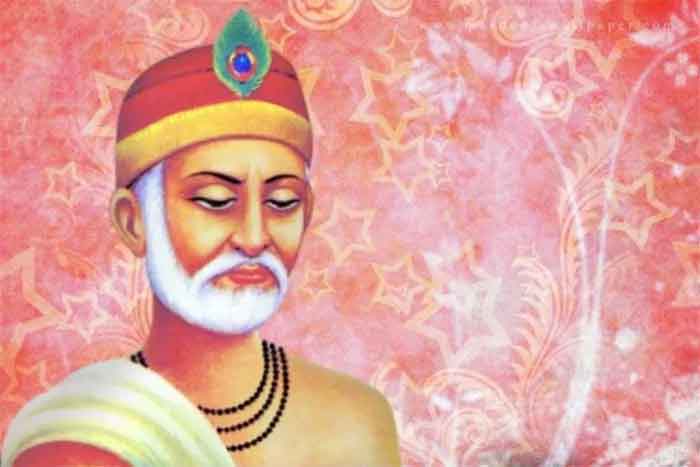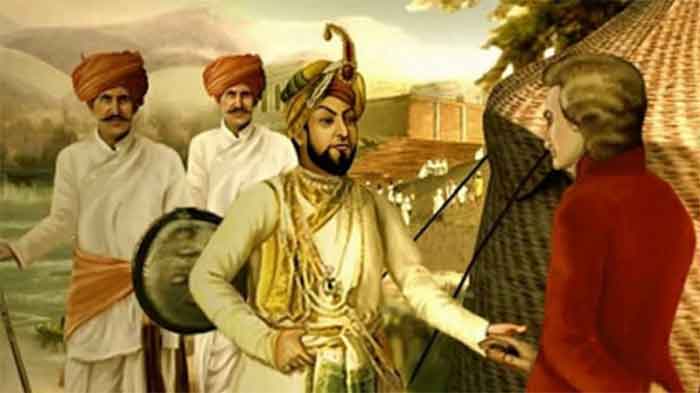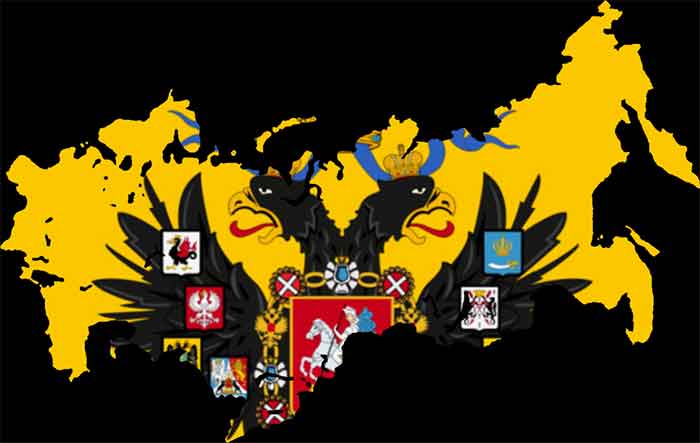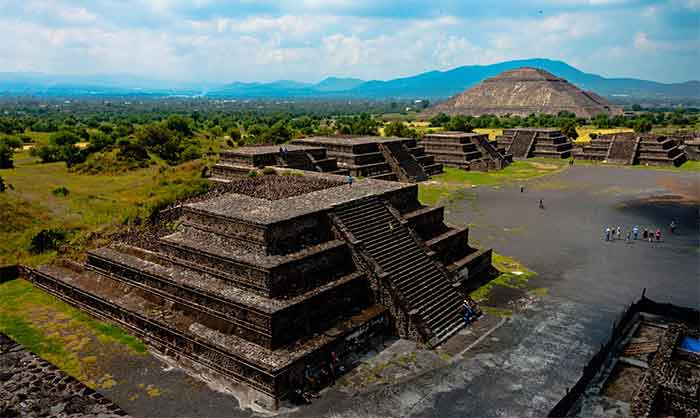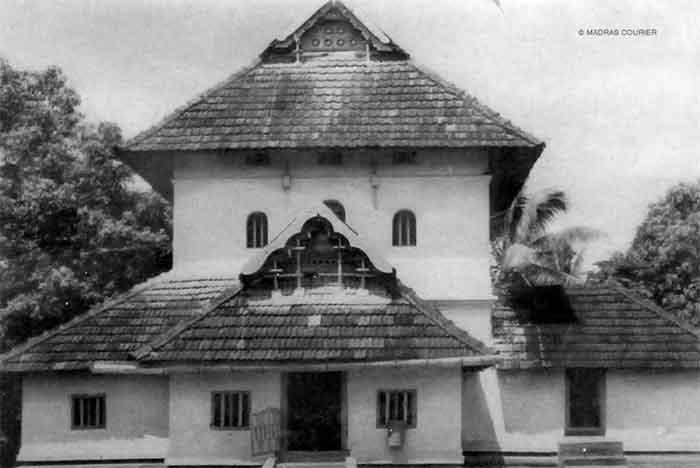Co-Written by Ishfaq Abdullah & Ishfaq Ahmad wani
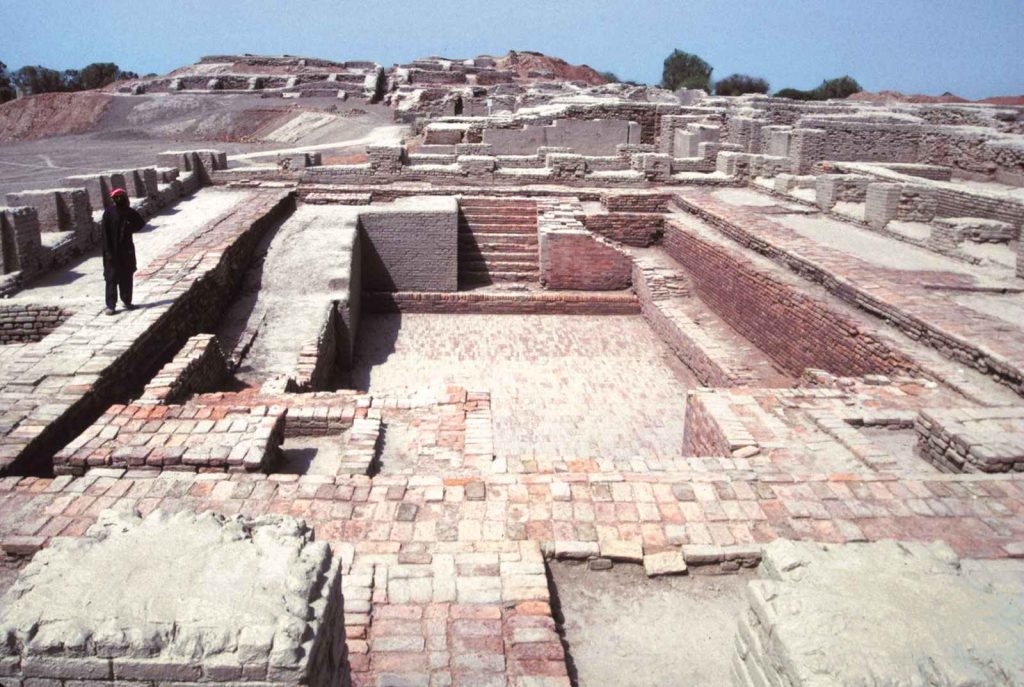
History has a commanding role in the formation of nations and past is used as a means to instill in people sense of belongingness to the nation. Approach to studying past determines the political, social and cultural environment of nations. History as a discipline plays an important role in politically socialising citizens of state or nation. This to a large extent depends upon how history takes shape in the state or nation and its very nature determines the kind of society and its consciousness. As history doesn’t remain confined to institutions, it gets permeated through the society and discussion about it takes place at all societal levels. Development of consciousness regarding the identity of citizens or individuals takes place in family, school and different social levels. Educating through these different levels of society ensures what kind of individual gets prepared for the future. This again depends upon the kind of society one is getting educated through and how that very society has taken shape over the years. History comes handy in this regard that how societies and individuals or nations take shape as it is history which plays a determining factor in the formation of identities.
While talking about India and construction of its history during British Rule and how that construction of past impacted upon socio-cultural, political condition of the time. Also its role in shaping present consciousness needs to be considered. History in India during British rule was much emphasized about and knowing the past of colonial people was understood to play an important role in serving imperial interests. Though we can’t gainsay from the fact that curiosity was also playing its role but serving empire was priority and role of British Civil Servants to serve this purpose was handy in this respect. Pioneer in this project of serving empire were orientalists but the role of James Mill’s periodization served till independence and is still in processes of playing its work. His division of Indian History into three periods of Hindu, Muslim and British was the beginning of setting the processes of communalising the discipline. This periodisation of history based on religion set in processes of creating a wedge between two major communities which otherwise united would have closed dream of the British dominance on Indian subcontinent much before 1947.
Periodisation based on religion led to essentialization of past as all other factors were done away with considering their contribution to the Indian past. This very approach to history set the line of hatred, enmity and bitterness between Muslims and Hindus which to this day is in process of surging ahead and to our surprise what was thrust from above was accepted at the bottom line. This acceptance of construction of a past shaped society of the time as history plays an important role in shaping identities and consciousness.
This shaping of consciousness and identity strengthened the notion of Muslims and Hindus as two opposites. There were minimal efforts at searching for the synthesis of any sort between two communities in the past. To serve colonial interests facts were chosen selectively as only those facts were given space in construction of history which were meant to create a wedge between these communities. This notion of two opposites through the construction of past served British designs up to their expectations and the wedge that was created between these communities was consequential in having a detrimental impact upon the national movement of the time. This not only sapped the strength of national movement but to a large extent became a stumbling block in its road towards freedom and progress of society. Several riots took place between these communities because of this identity formation which was meant to divide these two communities and gave easy way to British rule.
It was not only the riots which took place from time to time but the major movements launched during this period also lost strength due to this very identity formation of society. As even the stalwarts of national movement became victims to this notion of history. Religion was used as means to mobilize public support during different movements of the freedom struggle which rather than strengthening the movement created further gulf between these communities. Even during the partition of Bengal use of different religious symbols to mobilize public support against partition shows how Indian society was taking shape socially and politically.
Muslim league emphasizing about their way of constructing past and its formation as a political party in the form of the movement itself reveals the impact of this past construction. We can’t neglect the immediate factors in the background of events and happenings but at the same time process that was set in through history, the writing was playing its major role to make such events and happenings possible. Similarly, Formation of Hindu Mahasabha and its ideological orientation like that of Muslim league was also an outcome of that very process which was set to divide two communities into two opposing sides. Because British knew it very well that divided India is means for the strength of their imperial dominion and interests. The Indian people of colonial time failed to a large extent in grasping that British was using past as means to divide them.
Calcutta killings and partition of India were the grievous results of this Mephistophelean ideology of communalism. Though we can’t neglect immediate factors but then the formation of identity through communalism made such events inevitable. Because once inter-individual consciousness took shape through the colonial history construction and its acceptance at Indian hands whether Muslim or Hindu, it made such happenings unavoidable. Partition left such an indelible mark on history writing that to this day bitterness, enmity and hatred between two communities is gaining strength rather showing any mitigation. Though there were efforts after post decolonization to free history of this very notion still this communalized perspective is so handy that it is still playing its role. To serve petty political interests the discipline of history has been steeled of its charm and beauty but the laborious efforts of different shades of scholars to free history from communal and biased interpretations will not go in vain. Still, it may take time to reformulate identities through an objective way of its construction and education. That definitely will be the change for good and will help our nation and society to progress and prosper to a large extent. Presently, the impact of the communal colonial past construction on our minds is perilous and can take us anywhere. Still, then history helps us to learn lessons and how this communal construction had impacted in past and is impacting still on our formation of political and social consciousness needs to be considered about. We need to think that prosperous and stable societies in past emerged on account of religious concord and inclusiveness. An inclusive approach to past and objective way of its construction would ensure the emergence of an inclusive society.
Ishfaq Ahmad and Ishfaq Ahmad wani are former students at Kashmir university
Email : [email protected]
SIGN UP FOR COUNTERCURRENTS DAILY NEWS LETTER

